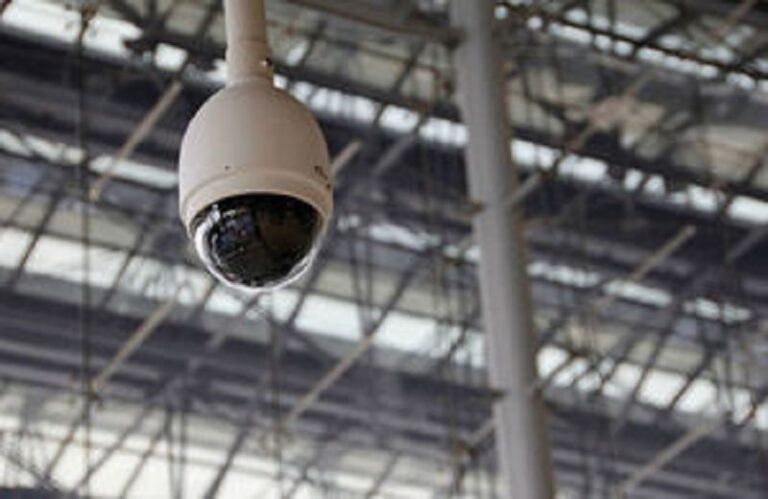CCTV recording will become mandatory in all slaughterhouses in England next year, Environment Secretary Michael Gove has confirmed.
Defra will take the plans forward following an extremely positive reaction from the industry, welfare groups and the public.
In August, the Secretary of State launched a consultation on the plans to deliver a manifesto commitment for CCTV to be required in every slaughterhouse in England in all areas where live animals are present, with unrestricted access to footage for Official Veterinarians – reassuring consumers that high welfare standards are being effectively enforced.
Legislation will be introduced in the New Year, coming into force in the Spring. All slaughterhouses will be required to comply following an adjustment period of up to six months.
A summary of responses published on Sunday shows that of almost 4,000 respondents, more than 99% were supportive of the plans.
Environment Secretary Michael Gove said: “We have some of the highest animal welfare standards in the world and want to cement our status as a global leader by continuing to raise the bar.
“The reaction to this consultation highlights the strength of feeling among the public that all animals should be treated with the utmost respect at all stages of life and be subject to the highest possible welfare standards.
“These strong measures also provide a further demonstration to consumers around the world that as we leave the EU we continue to produce our food to the very highest standards.
“Having carefully considered all of the responses, the Government agrees with the overwhelming proportion of respondents that were in favour of mandatory CCTV to protect animal welfare in slaughterhouses. The proposals will also give the Food Standards Agency’s (FSA) Official Veterinarians (OVs) unfettered access to the last 90 days of footage to help them monitor and enforce animal welfare standards.
“The FSA has strict processes in place for the approval of slaughterhouses, and specially trained vets carry out checks to make sure the welfare of animals is protected throughout their time in the slaughterhouse. If breaches are found, a slaughterhouse can be given a welfare enforcement notice, have its staff’s licences suspended or revoked, or be referred for a criminal investigation.”
The RSPCA’s Head of Public Affairs David Bowles said: “This is a very welcome and crucial step towards introducing higher welfare right across the food chain.
“We applaud the Secretary of State for his steadfast and focused commitment to ensuring the highest possible animal welfare standards in the UK once we have left the EU.
“The RSPCA looks forward to seeing the details of the proposal as issues such as where the cameras will be located, footage quality and storage, and who can have access to it are essential to making the legislation meaningful.”
British Veterinary Association Senior Vice President Gudrun Ravetz said: “The mandatory installation of CCTV is a vital tool to ensure high standards of animal health, welfare and food safety in all slaughterhouses.
“Official Veterinarians carry out an essential role in slaughterhouses by independently assessing and reporting breaches of animal welfare, and unrestricted access to CCTV footage will allow them to carry out this role even more effectively.
“We have been campaigning for these measures for a number of years and it is reassuring to see such a high level of support for their implementation from industry and the public.”
Heather Hancock, Chairman of the Food Standards Agency, said: “The Secretary of State’s decision to require CCTV in all slaughterhouses is a welcome step towards ensuring that animal welfare and hygiene standards are met across the meat industry.
“Last year, the FSA Board concluded that, without mandatory CCTV in slaughterhouses, we would see minimal further progress in businesses improving animal welfare or complying with official controls to protect public health.
“We look forward to working with the industry as CCTV plans are implemented, and to seeing public confidence rise as a result.
“The government will now further discuss the details of bringing in the proposals and present draft legislation to Parliament as soon as Parliamentary time allows.”


